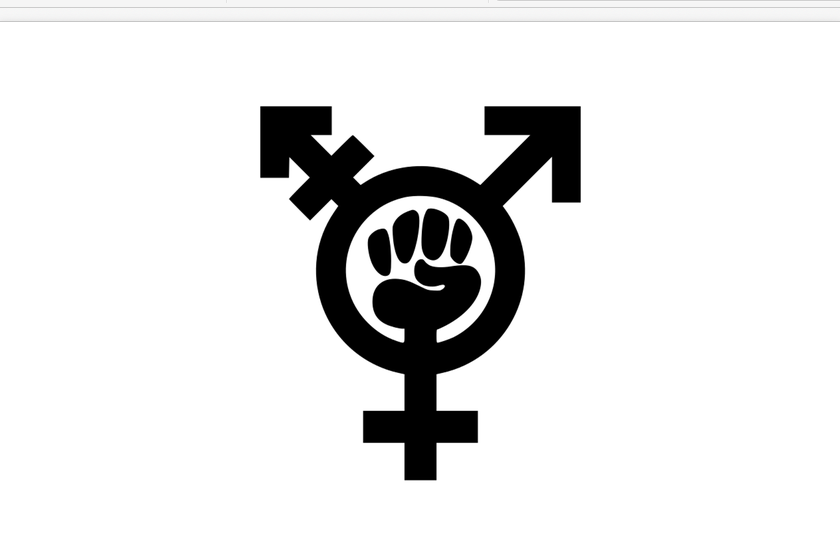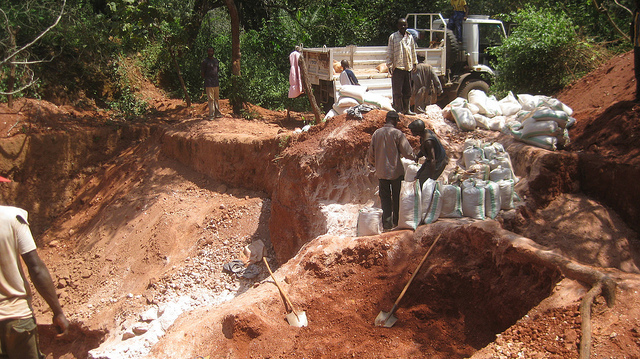From the text: In the discourse on degrowth – the deliberate and planned downscaling of production and consumption that increases human well-being and enhances ecological conditions and equity on the planet – the notion of »sustainable development« has sort of a bad rap. In fact, sustainable degrowth is intended to replace sustainable development as the central concept under which ecological and social minded activists and researchers might rally. Serge Latouche, the one who first fired the »missile word« of décroissance into the pubic realm, once held a talk titled »Down with sustainable development! Long live convivial degrowth!« at a conference in Paris in 2002. What are the reasons for such disregard of sustainable development? And could this be a somewhat foolish mistake?

If progressives want to fight the movement against so-called ‘gender ideology’, they need to break with neoliberalism The number of newly elected Members of the European Parliament (MEPs) who oppose women’s reproductive rights, gender equality, sexuality education, same sex marriage and the Council of Europe Convention on Violence Against Women (Istanbul Convention) stands at around 30 per...

How migration relates to the imperial mode of living, degrowth and new internationalism We are currently facing the most severe migration crisis in history. But this is only one dimension of a broader civilizational crisis. Thus, anti-racist movements should not focus solely on issues of human mobility rights, but also build new paths of solidarity with societies in the geopolitical Global Sou...

Middle-Europe's prosperity as well as our high levels of mobility and consumption are based on three industrial revolutions whose technical progress has constantly been increasing labour productivity. The consequences are paradoxical: On one hand it is possible to produce ever more goods with the same amount of work. On the other hand these productivity increases are being used to make human la...